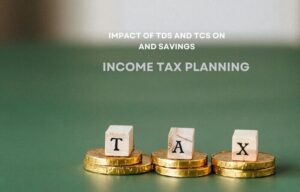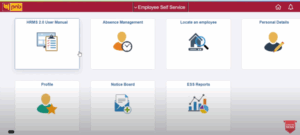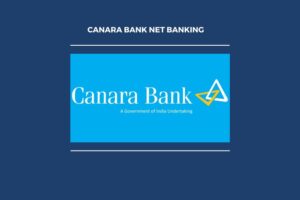5 Tax Audit Triggers You Should Avoid When Self-Employed

Triggering special attention from the Canada Revenue Agency (CRA) is the last thing you want to encounter on your tax returns. Unfortunately, you’re already at increased risk for a tax audit when self-employed. With no employer to withhold taxes from your pay, you’re on your own to report income and make deductions.
This seems advantageous until you receive a CRA audit notice. The odds of getting audited by the CRA are higher if you’re self-employed than those working a salaried job. This is because the CRA knows that self-employed individuals have more opportunities for non-compliance.
How can you reduce your CRA tax audit risks when self-employed? Being aware of the risk factors will help you prepare better. Below are five tax audit triggers every self-employed person should know and avoid.
1. Unreasonable Home Office Deductions
Are you using a part of your home as an office? In Canada, self-employed individuals can claim expenses associated with having a home office. Listing a home office deduction on your tax return helps reduce your overall tax burden. But it can simultaneously raise red flags at the CRA.
Using 10% of your home’s floor space as a home office seems reasonable. However, occupying half of your six-bedroom home as an office will likely trigger an audit. Be reasonable when making home office deductions and only write off the part of your home used solely for business.
2. Discrepancies in Your Reported Income
The CRA has access to everyone’s tax filings, including those with similar profiles like yours. Because of this, they can easily identify discrepancies in your reported income. Ensure to give an accurate picture of your income when filing your taxes.
Even an unintentional mistake on your tax return can make you more vulnerable to an audit. Thus, review your tax returns, and ensure they match any relevant tax records.
3. Excessive Charitable Donations
It’s great to make charitable donations to a cause you care about. Besides the satisfaction you get from helping your favorite charities, you can also claim possible tax deductions. However, the amount you’re legally allowed to deduct is subject to income-based limitations.
The most you can claim for your charitable donations in one year is 75% of your net income. Reporting more than that can put you at a higher risk of tax audits. It’s also important to remember that CRA will likely request proof of the donations. Ensure to ask your recipient for a donation receipt.
4. Large Vehicle Costs
You can claim vehicle-related expenses if you use your motor vehicle to earn a profit. But it’s essential to keep detailed records of vehicle usage related to your business. The problem is that only a few taxpayers keep an actual log of every trip.
As a result, many self-employed individuals report enormous vehicle costs unrelated to business expenses. An accurate logbook of business travel is the best way to support the use of your vehicle. It should detail the destination and reason for every business trip.
5. An Abundance of Rounded Figures
Most expenses are not round numbers, so the CRA expects precise amounts reported up to the cent. Using an abundance of rounded figures on your tax returns is a red flag for the CRA. It may seem like you only provide estimates and don’t keep inaccurate records. A CRA auditor may also assume that you don’t have receipts for your reported expenses and income.
Read More: 6 Cost Management Strategies For Small Businesses
Always Be Prepared for a Possible Tax Audit
Watching out for these tax audit triggers is incredibly helpful to reduce your risks as self-employed. But there’s no way to entirely prevent an audit from happening to you. It’s essential to always be prepared for a possible tax audit. Don’t hesitate to get tax audit help from a professional. They will help you walk through the CRA tax audit process and make it as seamless as possible.

Pranab Bhandari is an Editor of the Financial Blog “Financebuzz”. Apart from writing informative financial articles for his blog, he is a regular contributor to many national and international publications namely Tweak Your Biz, Growth Rocks ETC.






